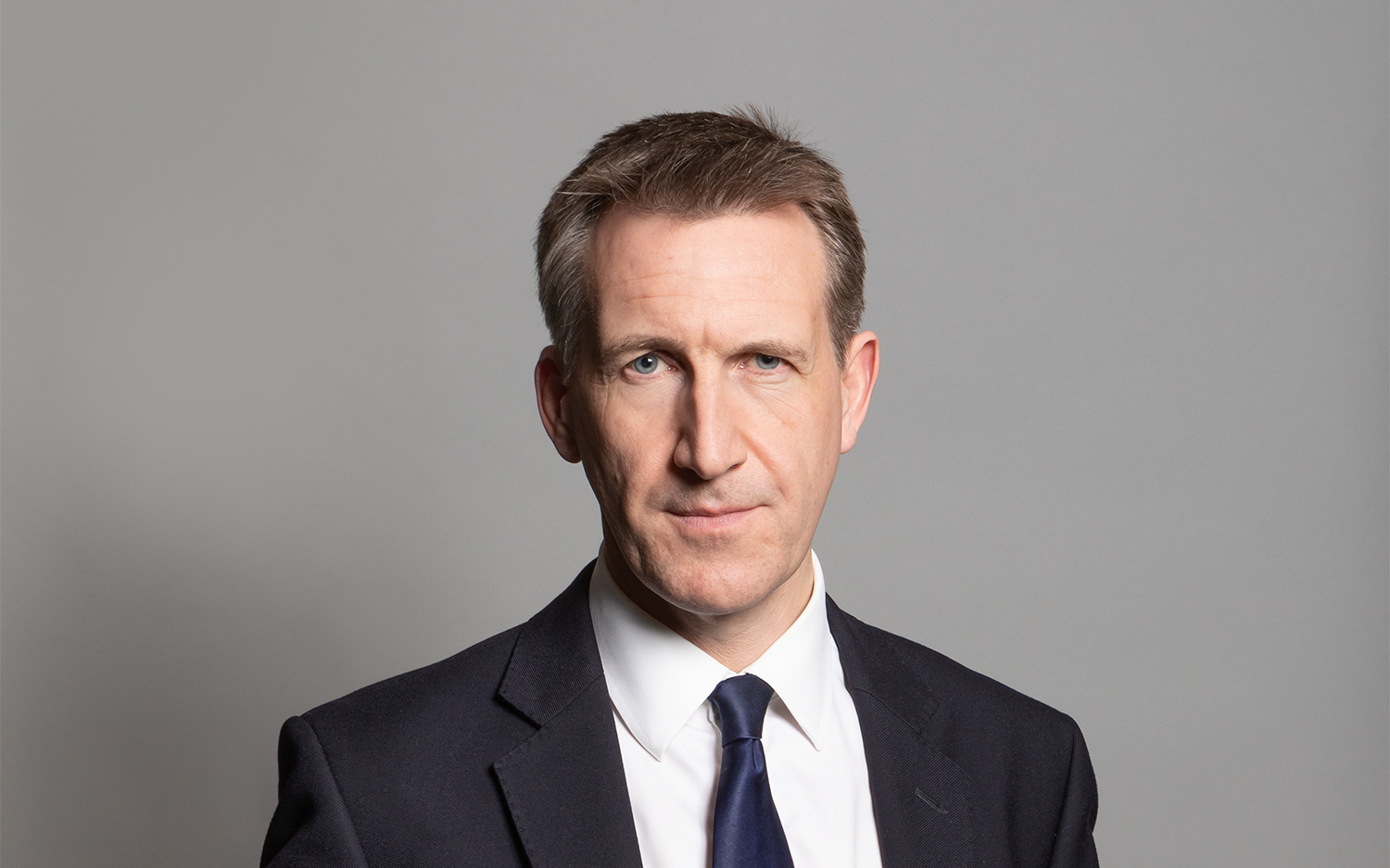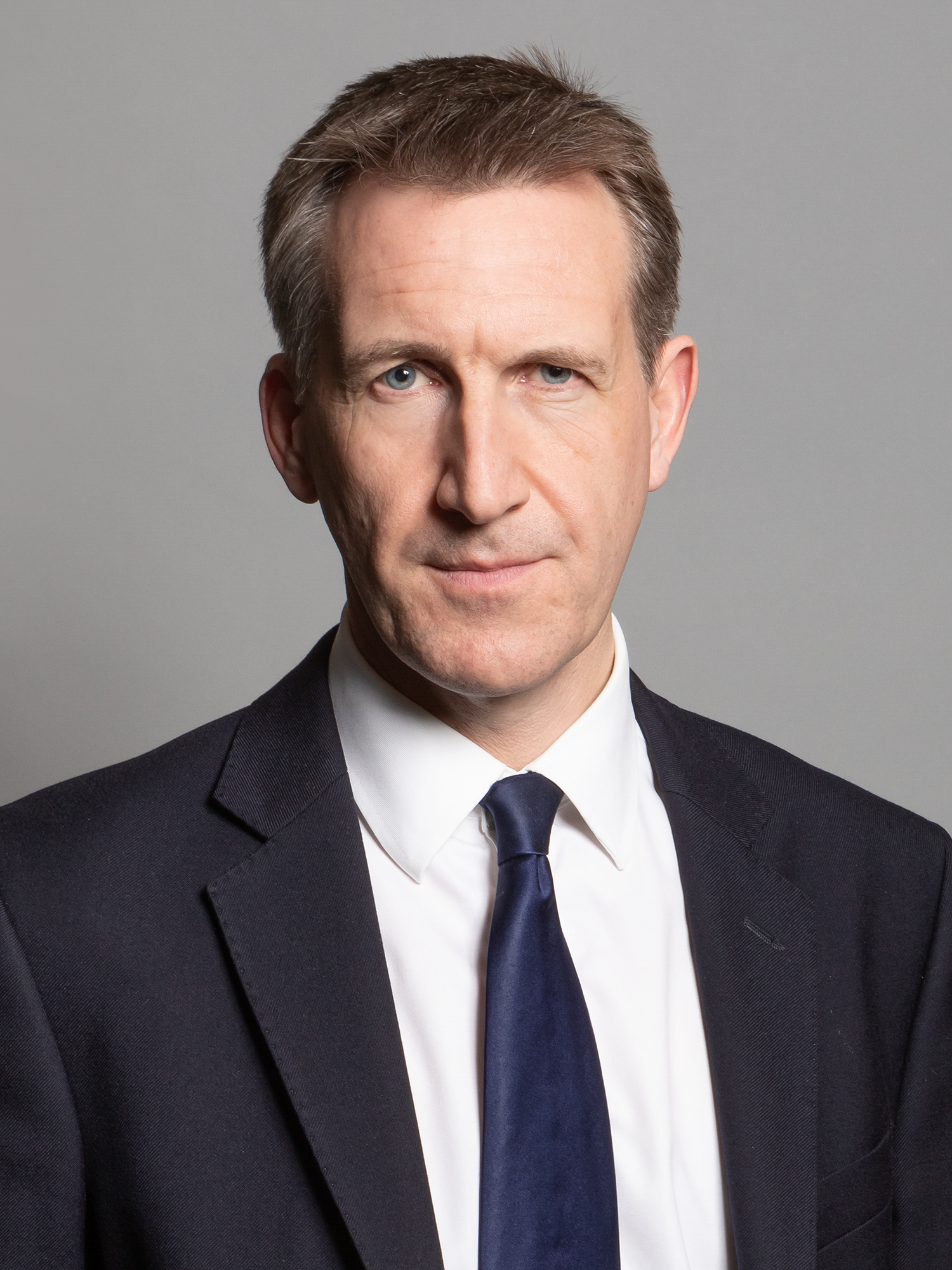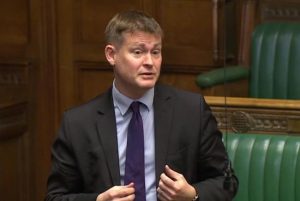Labour must create a new narrative around patriotism: one which celebrates our shared connections and is built on the principles of fairness and decency.
“Done! You’re done! Labour is done is this town!” Having these words shouted at me in the street was one of several unnerving experiences during the last general election campaign. On that occasion, they were delivered by a former miner, incandescent with rage because I had knocked on his door.
Time and time again, Barnsley residents expressed their disdain for the party to which they had once given their unwavering support. There were four instances during the campaign where I was confronted with such visceral anger that I was prepared for a physical altercation. I am not trying to elicit sympathy – I was one of the fortunate MPs who clung on – but I want to convey how tenuous our relationship with voters is in our once heartland communities.
A myriad of reasons were cited for the fracture. For many, it was our leadership and Brexit stance. For some, it was a general malaise which had been simmering for years that had now boiled over. To them, Labour no longer represented the working-class, the town, the north, or the country any more.
That last point came up repeatedly on the doorstep. Like it or not, if Labour is going to win back what we lost and form a government again we will have to prove we are the party that will stand up for our country. That does not mean we have to sound like an insipid version of the Tories. Instead, we need to better understand how patriotism relates to people’s lived experiences and, crucially, to tell our own story.
George Orwell once wrote that in “left-wing circles it is always felt that there is something slightly disgraceful in being an Englishman and that it is a duty to snigger at every English institution.” We are now 80 years on from The Lion and the Unicorn and for some in the Labour party, very little has changed. But why are elements of the left – particularly in England – so reticent about the notion of patriotism?
Fundamentally, a love of your country is about shared purpose and connection, and these are ideals the left should champion. An inconsistency I fail to understand is that local and regional pride is accepted, celebrated, even encouraged, but when the discussion moves to national pride, many in our party begin to feel uneasy. This reaction is not shared in Barnsley, nor in towns across the post-industrial north and midlands. And with good reason.
I do not believe that patriotism is a reactionary principle, nor do I accept there is anything antithetical about socialism and patriotism. The problem is that if we have nothing to say on what it means to be a patriot, the discourse becomes governed by, at best, jingoistic caricatures and, at worst, violent nationalism.
Part of the issue is the left’s reluctance to embrace our history. Too many see only the bad: the Britain of empire and conquest. But what about the Britain of the Tolpuddle Martyrs, the Chartists and the miners’ strike? These were all working-class movements founded on the belief that their lives, communities and country would be advanced through unity and co-operation.
And what about the Britain of the second world war generation? Surely it represented the textbook definition of what it is to be a patriot. They fought and defeated fascism then elected the most radical government in our history.
On a personal level, I find it galling that the right in our country enjoys a near monopoly on patriotism. It is a source of deep frustration that by brandishing Union Jack emojis they can lay claim to be ‘on Britain’s side’ while simultaneously paying our key workers a pittance, dismantling our public services and selling off our critical national infrastructure.
We need to be acutely aware of the dark side of patriotism. At both home and abroad, the far right is on the rise. There can be no complacency and any move to legitimise them must be resisted. I want patriotism to spur us to confront our deepest problems and injustices, not to divert attention from them. We must remember that we seek to represent working-class communities, not pit them against each other. That means patriotism can never be at the expense of minority communities. As the Black Lives Matter movement highlights, we have a long way to go to achieve racial equality in Britain.
Developing our story on patriotism will take time. It will not be easy and there is no blueprint for success. We have no Cool Britannia wave to ride this time around and occasional flag-waving in a post-Brexit landscape will be rightly dismissed as too little, too late. Our patriotism must be one that incorporates everyone, still centred on working toward a national project but – in contrast to the right – based on the principles of fairness and cohesion. None of this means we cannot be self-critical. We are not perfect so when necessary, we must find the courage to address our failings.
The simplest way I can describe my beliefs is this: I love my country and its people, but I know we can be so much better. I’m extremely proud of being British and of our traditions but our political and economic settlement is not delivering for the working-class. Much of the so-called ‘Red Wall’ feels the same and no one in the labour movement should feel ashamed to agree with them.
We would be naïve to think that changes at the top of the party and an end to the Brexit wars mean an automatic return to business as usual. The political landscape has shifted, we must adapt or risk fading into obscurity like some of our sister parties on the continent.
There is a huge amount of work for us to even hold on to what we have, let alone reclaim what we once had. The challenge is herculean but there is cause for hope. Despite everything, Labour is not done in Barnsley, nor in any ‘Red Wall’ community for that matter. But we must prove to working-class voters that we care about them and that we have the courage of our convictions.
We have no reason to be timid. We are still the best vehicle for social and economic change and the only party that will stand up for our country in a meaningful way. Let’s be confident and proud about saying so.
Dan Jarvis is the MP for Barnsley Central and Mayor of the Sheffield City Region.
This article is an abridged version of a chapter originally published in the Fabian Society report ‘Hearts and Minds: Winning the Working-Class Vote’.





